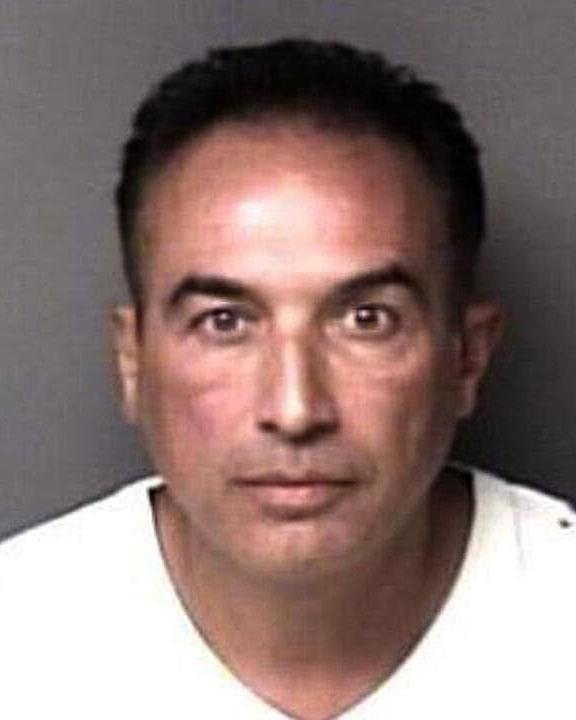In the fall of 2023, members of the Spanish band Maddening Flames discovered they had a digital double, an impostor who had replicated the songs from their first album (Wanderlust, 1994) with some minimal distortion in the sound. The double had signed the songs with the name Ellis Whitehead, had slightly changed their titles (Queen Olive appeared as Queen; It's me again is It's me; I want to sleep is I want sleep) and had published them on Spotify, Apple Music, YouTube Music, and other listening platforms. There was no publishing company responsible for that ghost album, nor a way to track down any musician named Ellis Whitehead on the internet. When the members of Maddening Flames coincidentally learned about the case, they also discovered that their plagiarist had more monthly listens than their original Wanderlust. Where had that album come from? Who was listening to it? What was the benefit of that scam, considering that the Spotify royalties received by the band were negligible?
The answer is hinted at, almost a year later, in news from New York: Michael Smith, a musician from North Carolina, was arrested and charged last week for using artificial intelligence to create hundreds of thousands of songs and publish them on playback platforms like Spotify and Apple Music. Smith also used Artificial Intelligence to generate thousands of fake user accounts on those platforms whose sole purpose was to listen to the songs of their creator. The two pieces of his scheme came together and generated 661,000 listens per day, creating revenues of 12 million dollars since 2019, as the musician wrote in an email used by the Prosecution to incriminate him. And all that money, collected cent by cent.
Smith, 52 years old, is a musician as well as a fraudster and lives in the city of Cornelius, near Charlotte. According to the U.S. federal Prosecution, he designed his strategy in 2017 and maintained it until this year. Now he faces criminal charges that could lead to a prison sentence of up to 60 years. Prosecutor Damian Williams stated that the musicians plagiarized by Smith have the right to claim a portion of their authorship rights. However, the main victims are the playback platforms, which have had to pay for unreal traffic.
"We don't know if this person is responsible for what happened with our album because we also don't know how many people act like this. We don't know if there are a million cases like this or if there are only a few because it's impossible to track them. The conclusion is that we are at their mercy," explains José María Millán, the drummer of the group from El Puerto de Santa María. "We had to contact all the listening platforms, explain the situation to them, and prove that the songs were ours. At that point, the process was quick. The songs by Ellis Whitehead disappeared quickly even on platforms we hadn't contacted yet. Someone must have realized that they had been caught."
Will they seek compensation? For Maddening Flames, there are no major incentives. "What we don't understand is that the single we released this year has over two thousand listens on Spotify. And do you know how much revenue it generated? 86 cents," Millán wondered last fall when the plagiarism was discovered. And the answer is yes: the strategy of pirates like Michael Smith was to extract 86 cents from hundreds of thousands of songs to avoid drawing attention and accumulate a considerable fortune under the radar.
